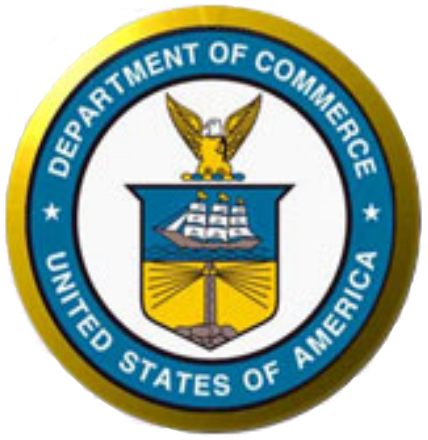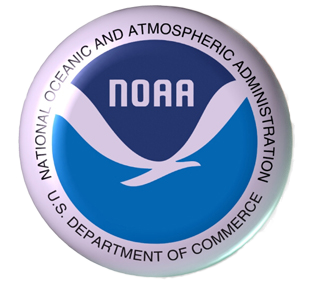PMO Corner: Observing Tip of the Week
Have you noticed?
Our New York Port Meteorological Officer, Jim Luciani, has been sending out weekly tips to help improve marine weather observing practices and to invite questions and answers that you may have in those regards. I encourage you all to provide feedback or ask any questions you may have to Jim at: James.Luciani@noaa.gov. Below is an example of what you can look forward to via email:
Good Day Everyone, I hope today finds you and your crews safe and in good health. Today’s tip concerns why we ask you and your officers to participate in VOS. The information comes directly from the NWSOH1 Introduction, Page vii:
Importance of Observations From Ships
Accomplishments in the atmospheric sciences have their roots in observations. They are a critical first step in the end-to-end forecast process. This process consists of the taking and coding of observations, the transmission and receipt of data, the processing and analysis of data (including numerical and computer modeling), followed by the preparation and issuance of forecasts and warnings.
More specifically, observations are used by meteorologists to evaluate your local weather conditions, and to locate and determine the strength of weather systems such as fronts, air masses, high and low pressure systems, tropical storms, and hurricanes. Your observations are especially important in the preparation of the surface weather chart. Isobars (lines of equal barometric pressure), which are crucial for defining and delineating all weather systems, could not be drawn over marine areas without ship reports.
Ships observations are not only important for weather forecasts at sea, but also for forecasts over land areas, because marine weather systems often move inland. Notable examples include (1) North Pacific Ocean weather systems, which frequently move eastward to effect the weather over much of North America, especially during the winter season, (2) tropical storms and hurricanes, which develop over the oceans, and can cause great devastation over highly populated coastal areas, (3) weather systems over the North Atlantic Ocean, which have a great impact on the weather of Europe.
Accurate marine data is also used to prepare long range forecasts of climate, temperature, and precipitation, in the monitoring of climatic change, ocean currents, and eddies, and to study the interaction of air and sea. This is important for agriculture, industrial planning, ship routing, fishing, and many other activities. Pilot charts and climatological atlases of the oceans are largely based on observations from ships. Your weather observations will also help you interpret the forecast and changes in weather that occur at your position or along your route.
What you do is very important. Accurate Marine observations matter, and your care and dedication make our program effective and an integral part of the observing scheme.
Back to top
